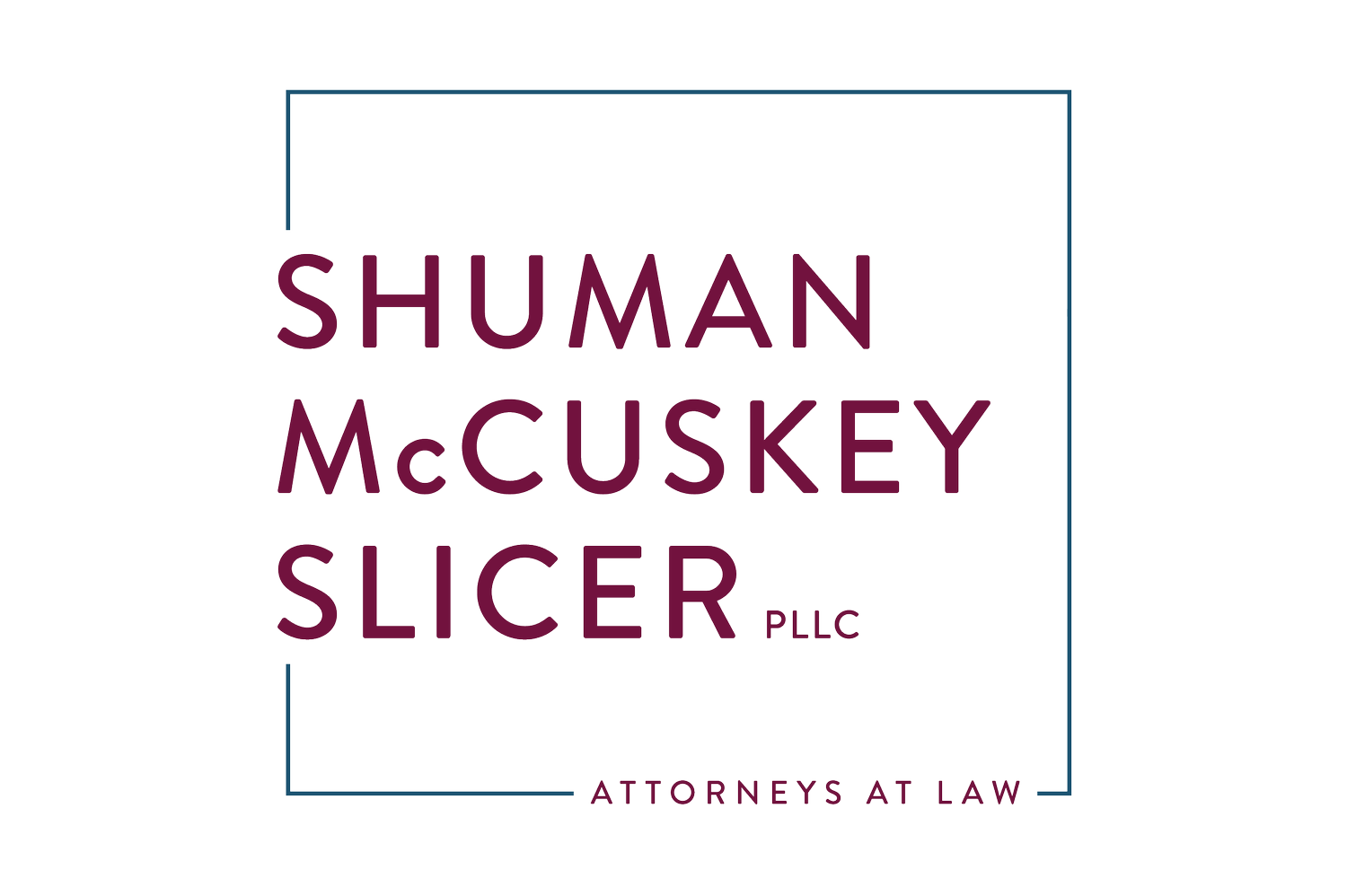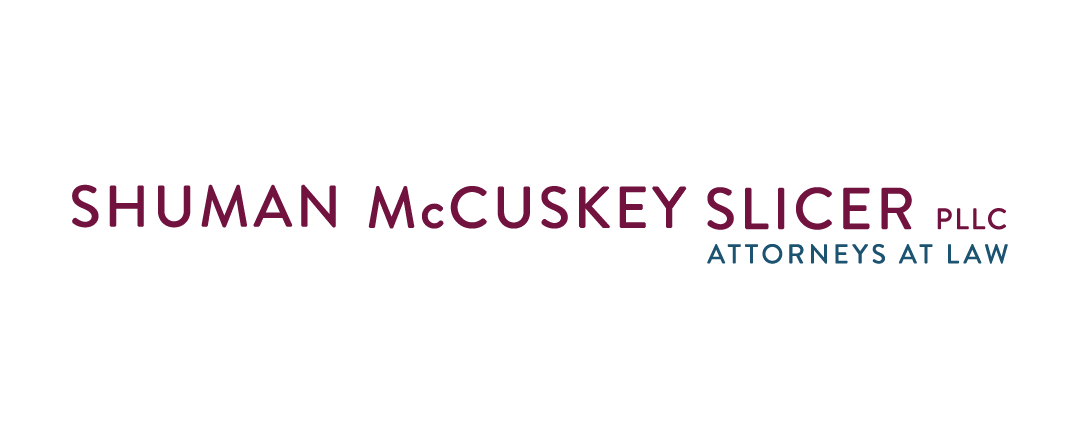Southern District of West Virginia Rejects Application of West Virginia Non-Fault Notice Statute in Federal Court
In 2015, West Virginia modified tort-based liability by adopting comparative fault and abolishing joint and several liability. Effective for all lawsuits filed after May 25, 2015, the West Virginia Legislature repealed W.Va. Code §§ 55-7-13 and 55-7-24, and added four new code sections, including W.Va. Code § 55-7-13d. The new law allows a jury to apportion fault to negligent nonparties. W.Va. Code § 55-7-13d states:
Fault of a nonparty shall be considered . . . if a defending party gives notice no later than one hundred eighty days after service of process upon said defendant that a nonparty was wholly or partially at fault. Notice shall be filed with the court and served upon all parties to the action designating the nonparty and setting forth the nonparty’s name and last known address, or the best identification of the nonparty which is possible under the circumstances, together with a brief statement of the basis for believing such nonparty to be at fault[.]
Historically, The West Virginia Rules of Civil Procedure determined time limits for filing supplemental pleadings. West Virginia Rules of Civil Procedure Rule 12 establishes that every defense of a party must be filed in a defendants responsive pleading to the complaint. This would necessarily include the assertion that a nonparty is at fault for some or all the damages claimed by a plaintiff. If a party learned of another nonparty during the discovery process, the party could move to amend its responsive pleading to state the fault of the nonparty under West Virginia Rules of Civil Procedure Rule 15, and there was no hard deadline for when the pleading could be made. In fact, Rule 15 states that amendments to responsive pleadings “shall be freely given when justice so requires.”
The 2015 changes created a direct conflict with the West Virginia Rules of Civil Procedure to the extent the code does not allow consideration of fault for nonparties when such parties are discovered more than 180 days after a defendant has been served. [1] While the Supreme Court of Appeals of West Virginia has not yet considered the issue, plaintiffs often take the position that the 180-day deadline trumps the rules of civil procedure, even when a defendant does not learn of the potentially liable non-party until after 180 days has passed.
This issue was recently considered by the Southern District of West Virginia in Courtland Co. v. Union Carbide Corp., 2020 U.S. Dist. LEXIS 229653 (S.D.W.Va. December 8, 2020). Courtland is a dispute regarding recovery of costs and declaratory relief under the Comprehensive Environmental Response, Compensation, and Liability Act of 1980 known as “CERCLA.” On February 15, 2019, the defendant filed a notice of designation of at-fault unknown nonparties. Later, [2] at a time clearly outside the 180-day period set forth in W.Va. Code § 55-7-13d, the defendant filed a supplemental notice identifying other potential at-fault nonparties. In response, the plaintiff filed a motion to strike the defendant’s supplemental, claiming that the defendant failed to comply with the 180-day notice requirement set forth by W.Va. Code § 55-7-13d.
In Courtland, the Court found that:
[T]he Federal Rules are in direct collision with § 55-7-13d(a)(2). . . . Under the Federal Rules, a defendant must notify the plaintiff of its belief that nonparties are wholly or partially at fault for contributing to the plaintiff’s damages within the time period set forth in Rules 12 and 15 governing the service of responsive pleadings. These Rules control the issue and leave no room for the operation of § 55-7-13d(a)(2)’s 180-day time period. The time periods provided by the Federal Rules may be much shorter or, due to their capacity to be extended through various means, much longer than the state statute’s 180-day period, which does not by its terms appear amenable to any extension.
Courtland at *19-20. The court ultimately determined that the Federal Rules of Civil Procedure applied because they do not exceed constitutional bounds and are consistent with the Rules Enabling Act, denying plaintiff’s motion to strike. Courtland at *29.
Courtland clarifies that the 180-day rule set forth by W.Va. Code § 55-7-13d(a)(2) does not apply in federal court. But perhaps more importantly, the Court recognized the conflict between the rules of civil procedure and the strict nature of the 180-day terminus set by statute.
FOOTNOTES:
[1] It is important to note that there is not a ban on “empty chair” arguments in West Virginia. Modular Bldg. Consultants of W. Va. Inc. v. Poerio, Inc., 774 S.E.2d 555, 565 (W. Va. 2015). However, a defendant cannot claim that party who is not present at trial is solely liable for the plaintiff’s injury where evidence establishing the absent party’s liability has not been fully developed. Syl. Pt. 2 Doe v. Wal-Mart Stores, Inc., 558 S.E.2d 663 (W.Va. 2001).
[2] The Court’s Order is unclear as to the date the supplemental notice was filed, stating it was on June 10, 2020 but also claiming it was “nearly four months” beyond the 180-day period.
DISCLAIMER: The information and materials contained in this post are provided for general informational purposes only and are not intended to be legal advice. No attorney-client relationship is formed nor should any such relationship be implied. Readers and visitors should not act upon any information contained herein without seeking professional legal counsel from a qualified attorney. For more information, contact Shuman McCuskey and Slicer PLLC.

